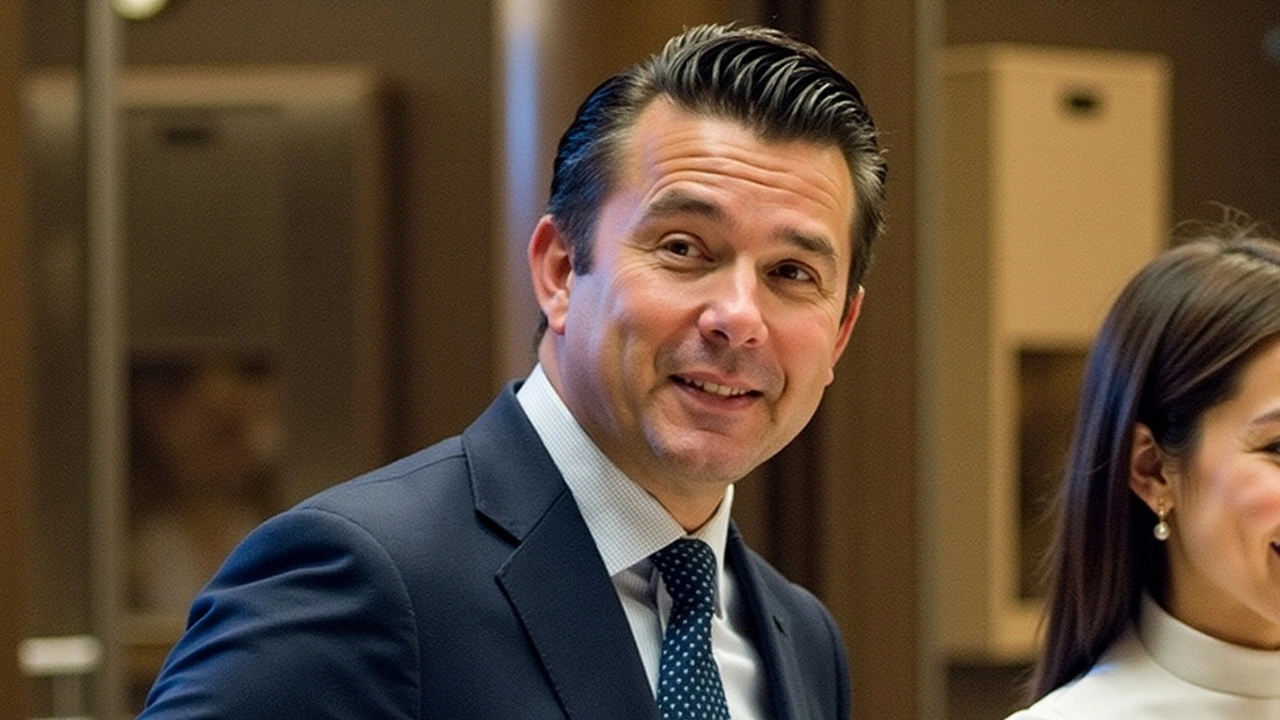The term "Trump nomination" brings a lot to the table, especially when we talk about its impact on global trade and politics. When President Trump announced tariffs on various imports, it sparked debates and concerns about trade wars and inflation. These tariffs, targeting sectors like electronics and apparel, were meant to correct trade imbalances but also stirred up markets worldwide.
So, why did this become such a big deal? Well, declaring a national emergency to impose these tariffs shows how serious the administration was about protecting domestic industries. But the downside was evident too: economists warned that such moves could increase prices for consumers and upset international relations. Markets reacted with uncertainty, showing just how connected everything is.
If you’re wondering what this means for your everyday life, think about the prices of things like smartphones, clothes, or even some medicines. Some products got exemptions, like semiconductors and pharmaceuticals, but many others faced new duties that could push costs up. Companies that rely on imports may pass those costs on, which could hit your wallet just a bit harder.
On the flip side, these tariffs encouraged some businesses to rethink their supply chains and look for local options, which might create more jobs at home. But it’s a balancing act – too many tariffs and it might slow down growth or spark retaliation from other countries. That’s exactly why global markets were jittery whenever new trade announcements came out.
The Trump nomination and policies like the tariffs also have a political side. Declaring a national emergency to enforce tariffs raised eyebrows and sparked debate over executive power limits. It’s not just about economics; it’s about how far a president can go without Congress’s full blessing. This move set a precedent that future administrations might follow or challenge.
Whether you support these policies or not, it’s clear they reshaped conversations around trade, national security, and governance. Watching how other countries respond to such moves also shows the delicate balance of global diplomacy. Every decision has ripple effects that are important to follow if you want to understand today’s news and what’s coming next.
In short, the Trump nomination’s focus on tariffs and trade stirred up more than just booths and ballots — it touched markets, politics, and everyday life. Keeping tabs on these developments helps make sense of headline news and its real-world effects.
